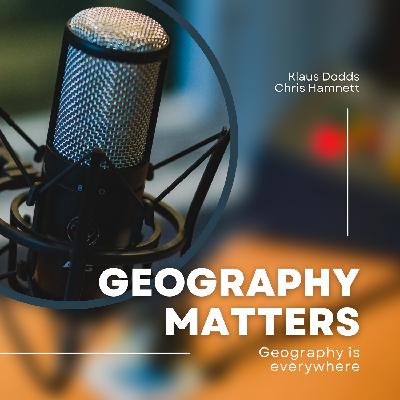The geopolitics of food and fishing
Description
Geopolitics is, as its name suggests, where geography and politics intersect. The geopolitics of food focuses on how food production, trade, and consumption are influenced by and influence political relationships between nations. Traditionally, geopolitics tended to focus on questions of strategic conflicts between states. but in the modern world issues of food security and sustainability have increasingly moved to the fore. This is highlighted by the impact of the Russian invasion of Ukraine which had quite major impacts on food supply and prices as the Ukraine has often been seen as one of the major breadbaskets of Europe, producing and exporting large volumes of grain along with sunflower oil and other products, much of which was exported from Odessa and other black sea ports. The Russians initially attempted to block these exports. But, there have been many other conflicts involving food. We look at the Cod Wars between Britain and Iceland from the late 1950s to the mid 1970s and the short but sharp conflict between Canada and Spain over Spanish fishing in the Grand Banks of Newfoundland off Nova Scotia. More recently fishing rights and quotas have been a considerable source of friction between Britain and the EU. But generally food production and security of supply are becoming major issues and there are some countries, particularly the Gulf States, which produce very little of their own food. They are almost entirely dependent on imports of food, and thus at major risk of food insecurity in the future.





